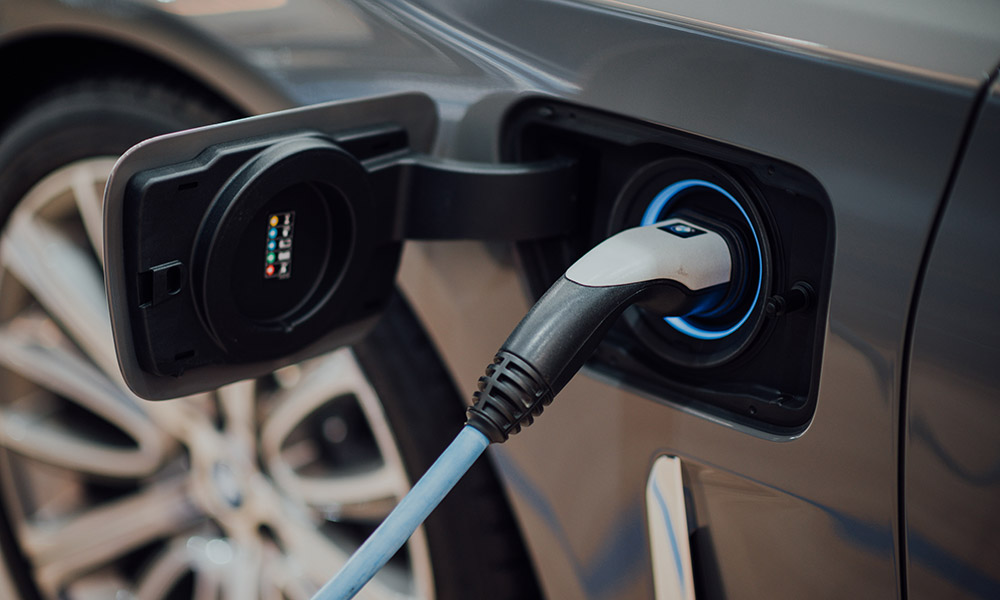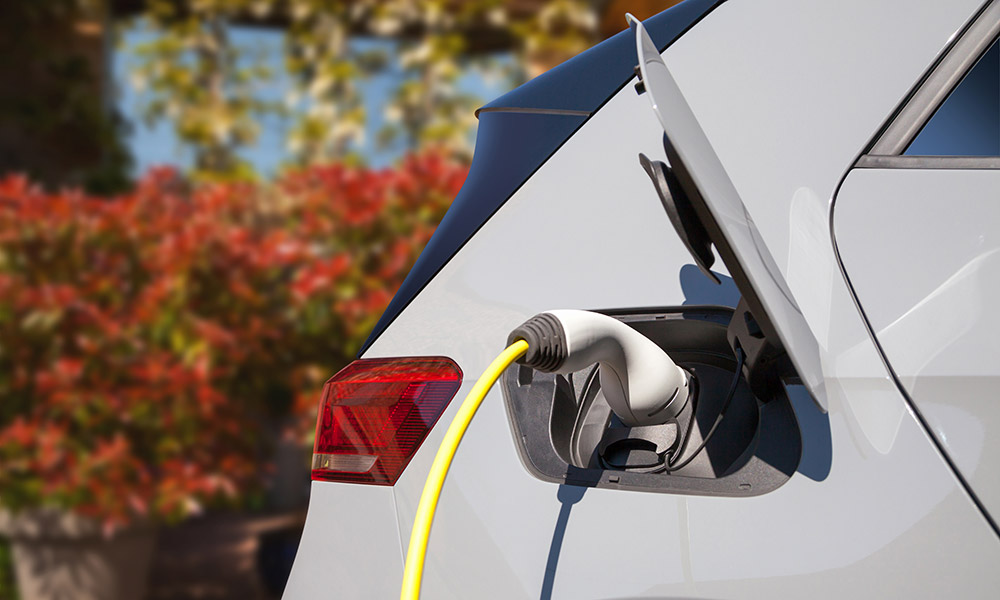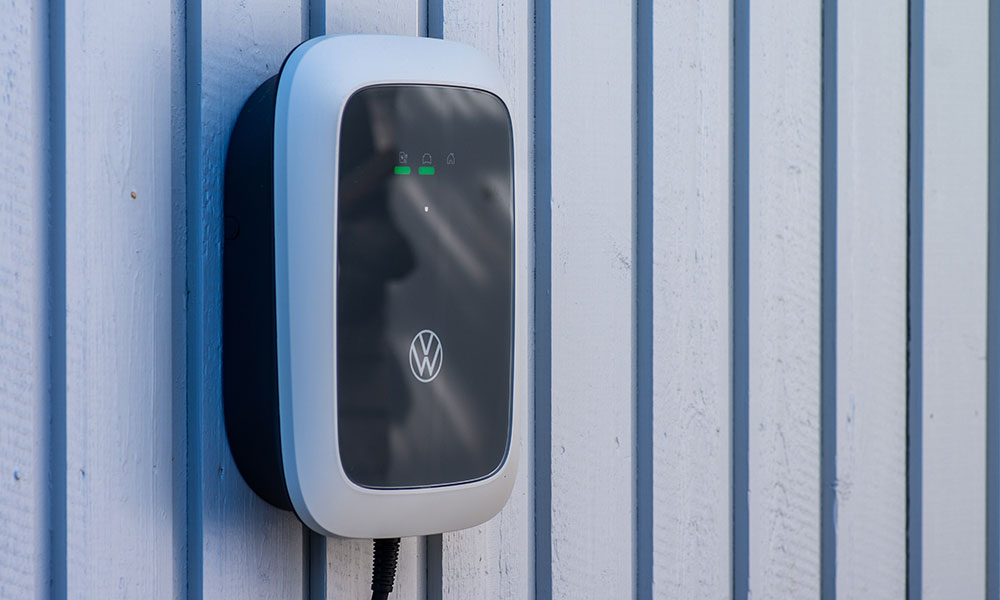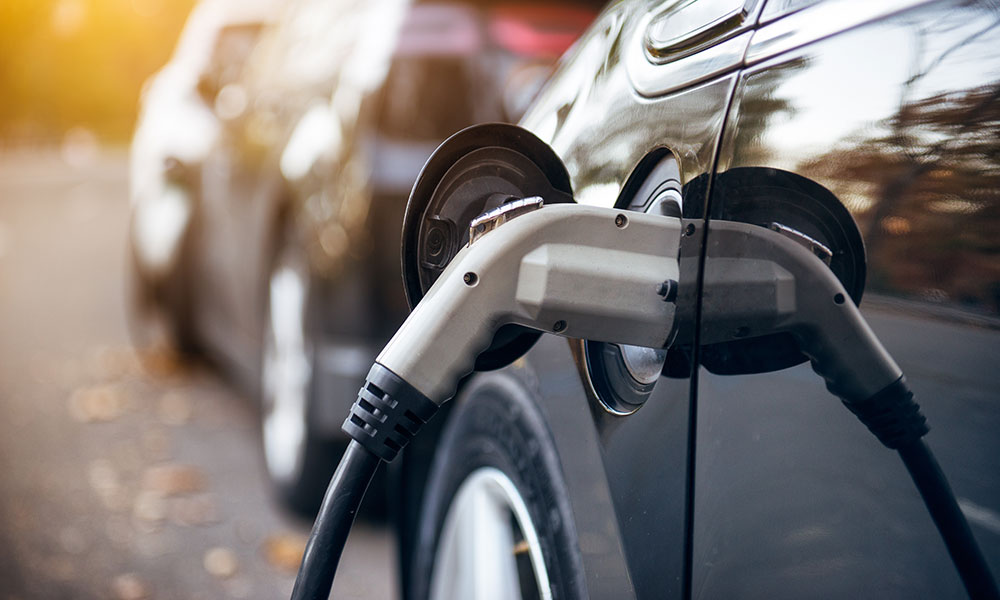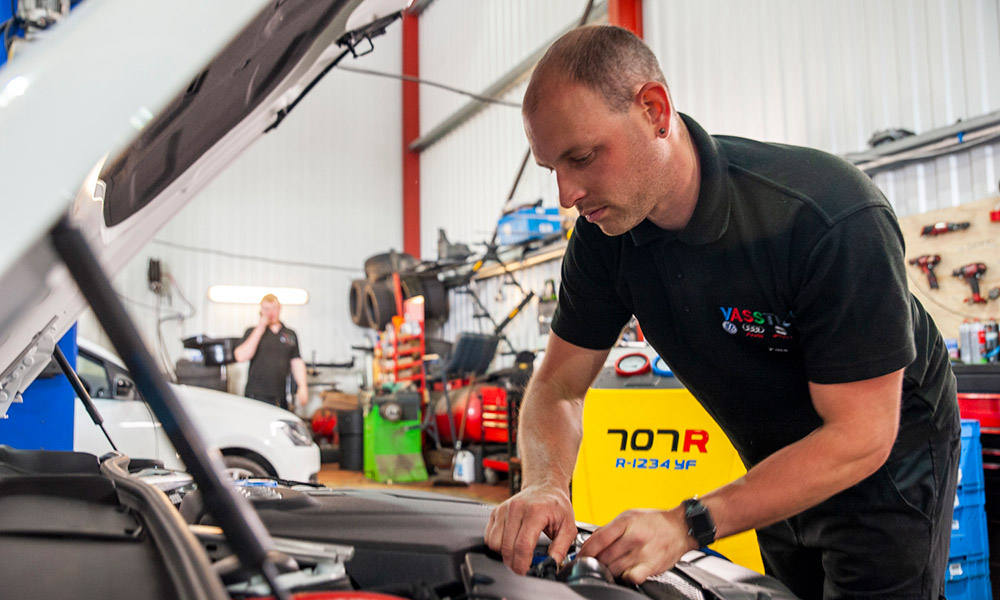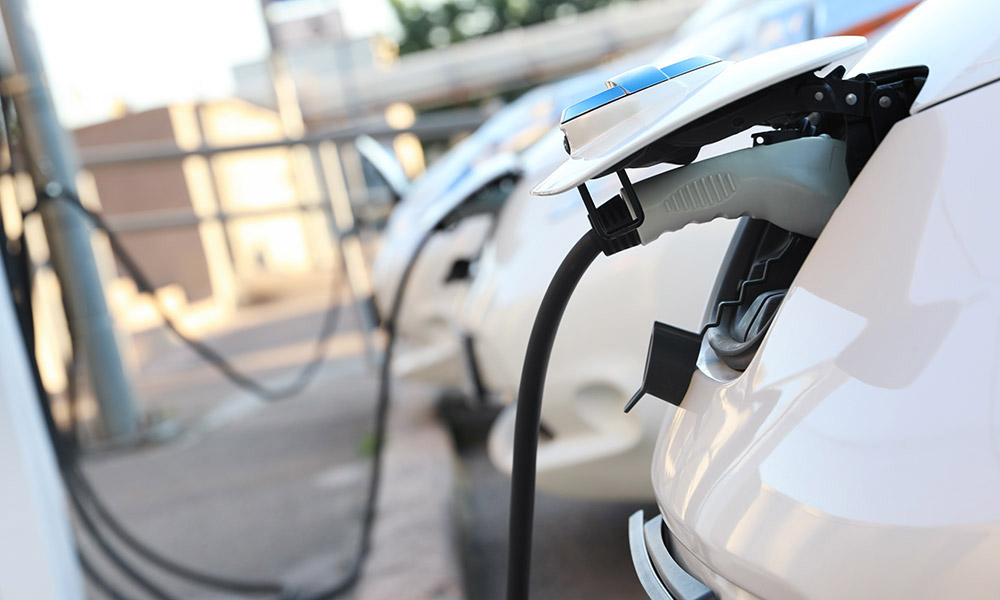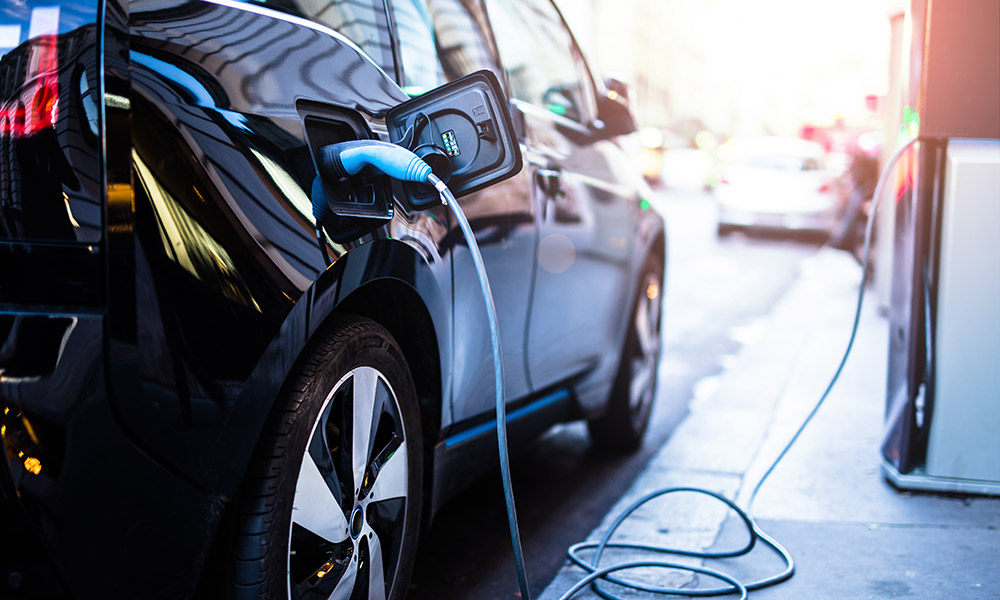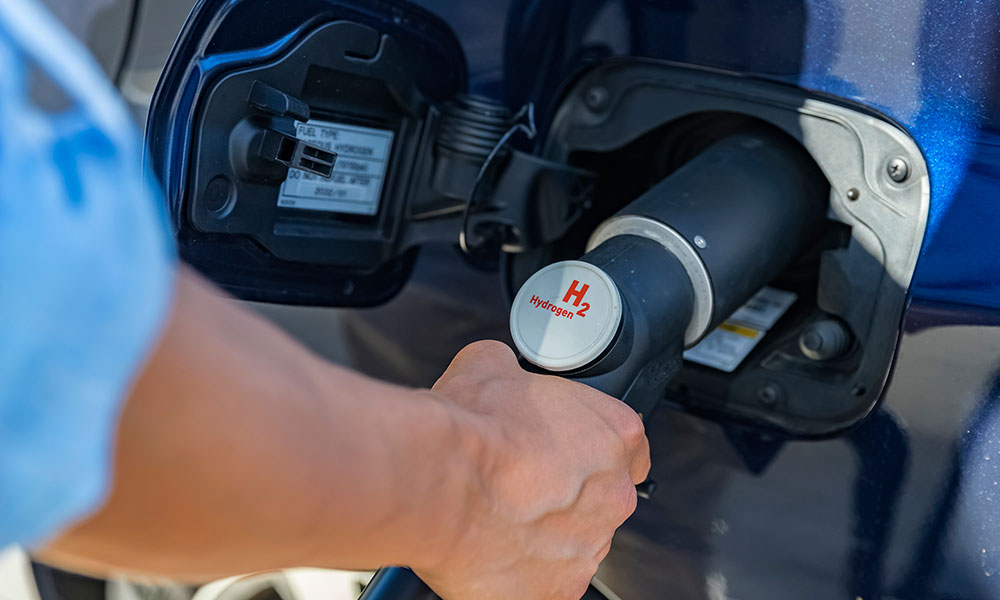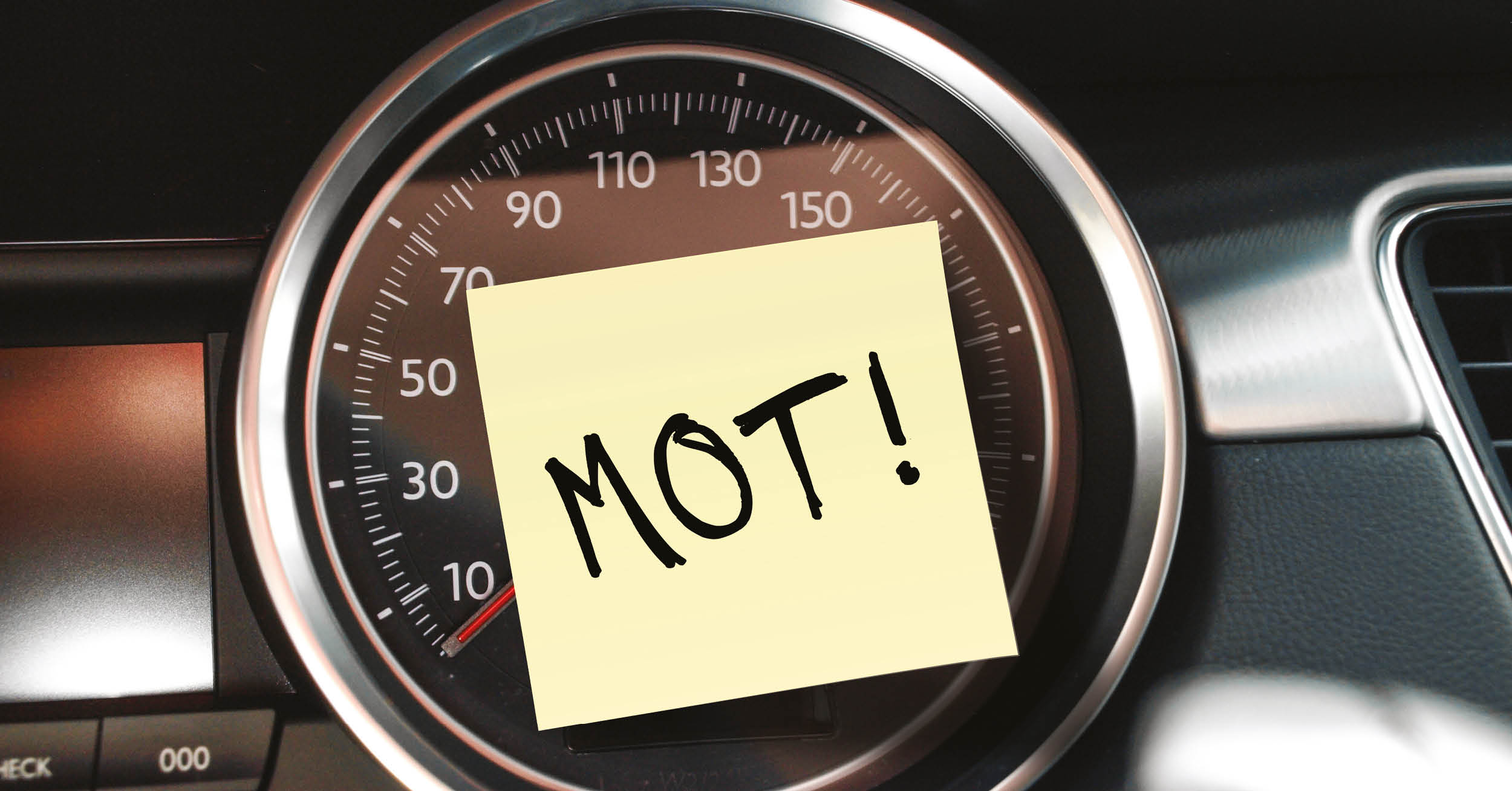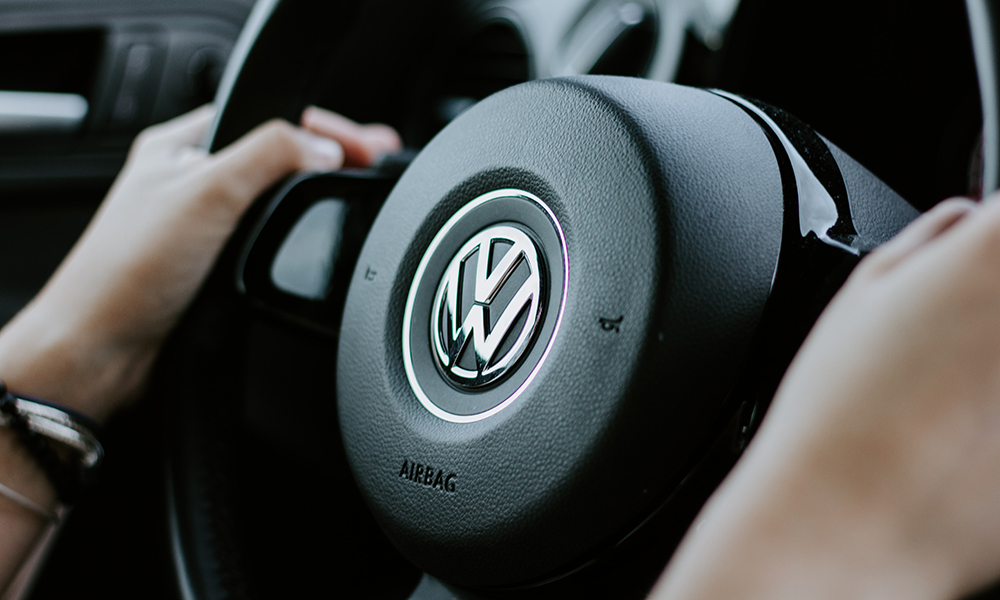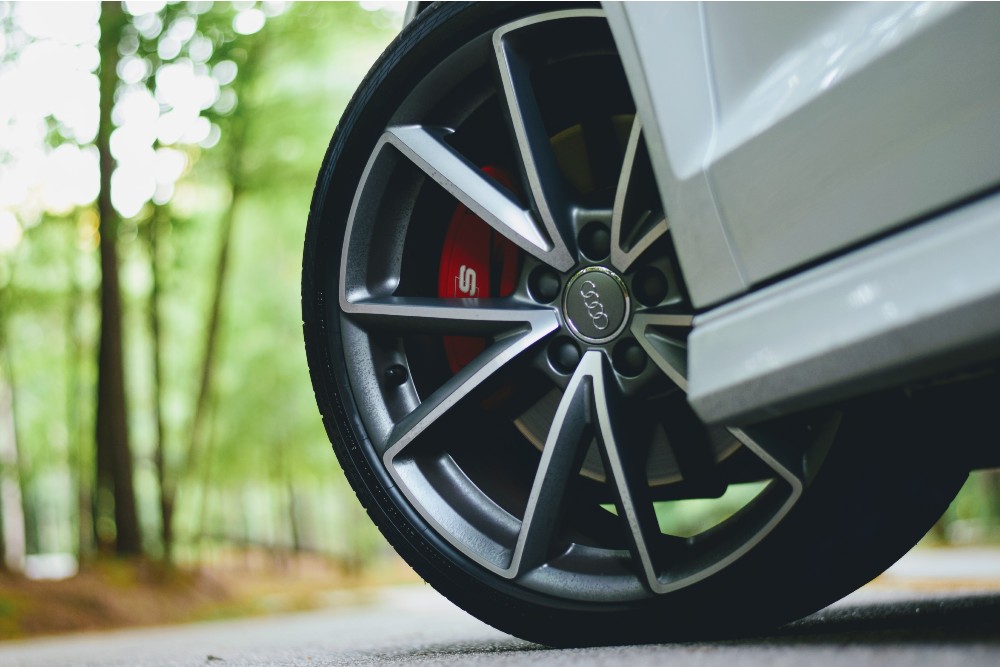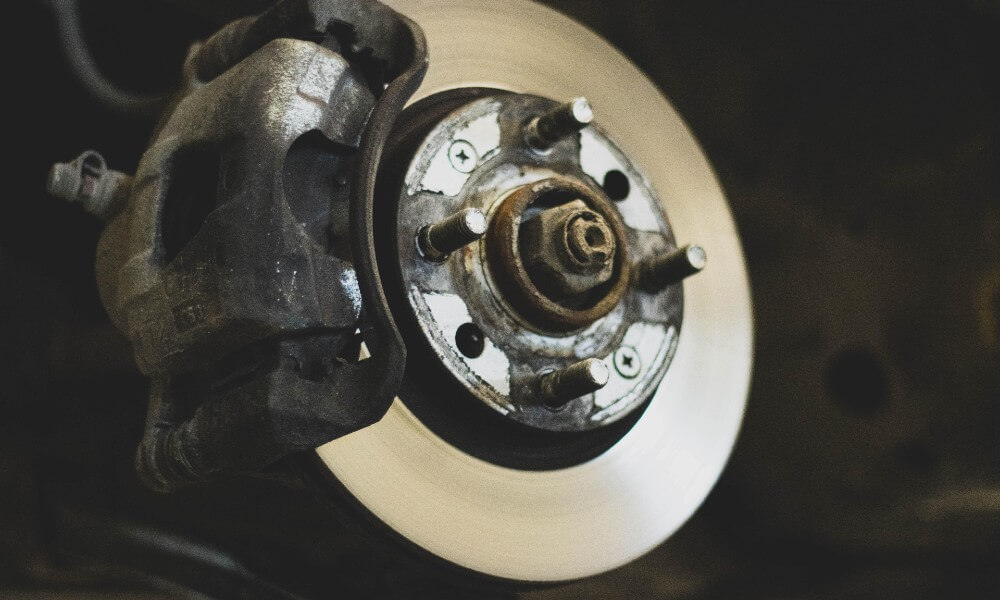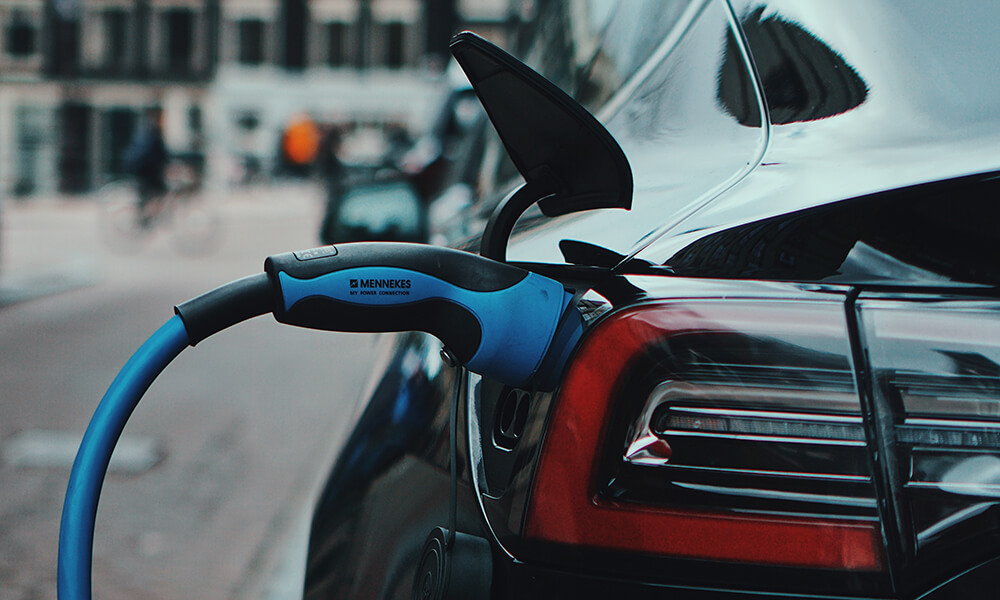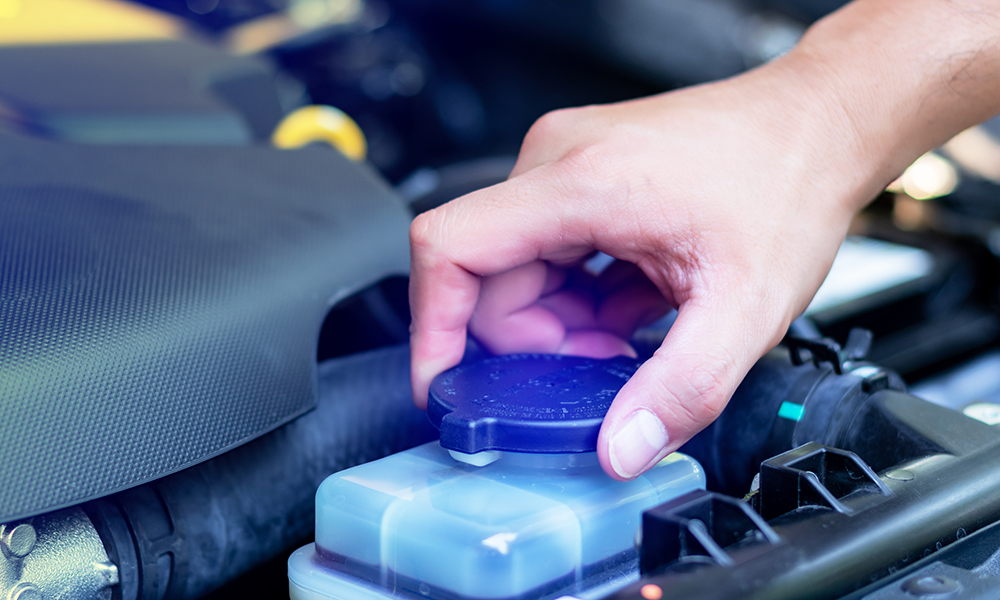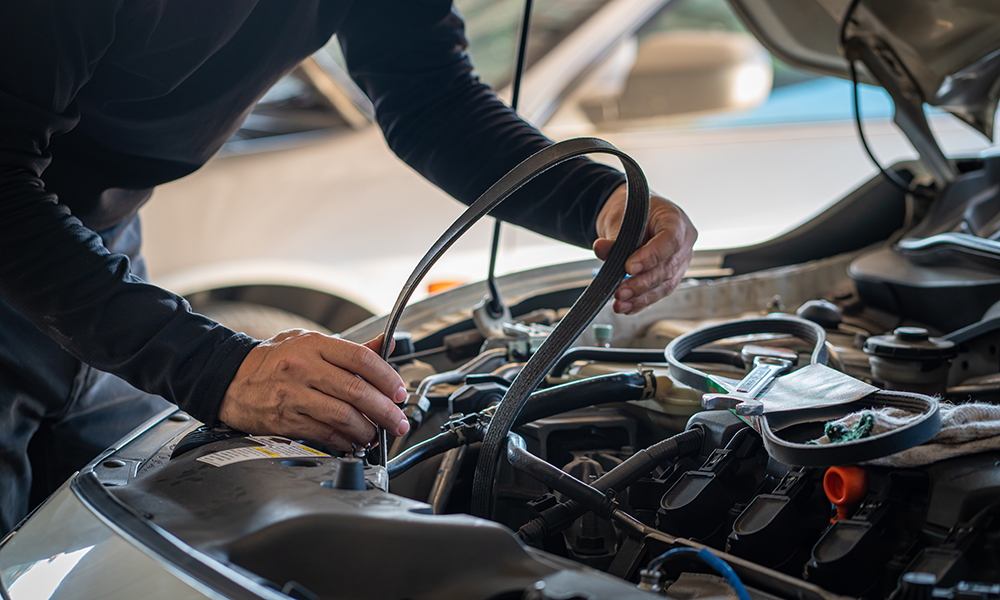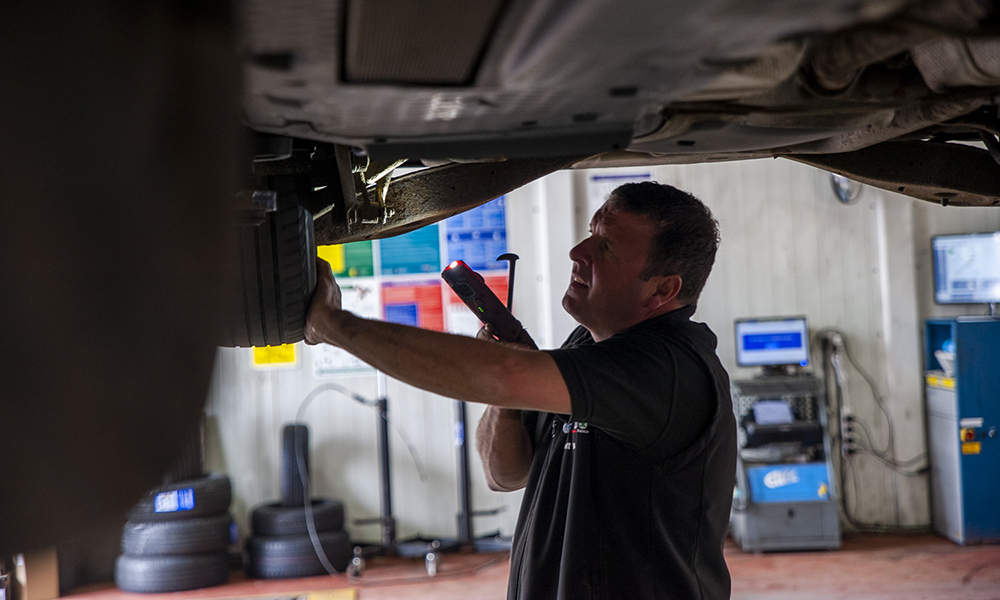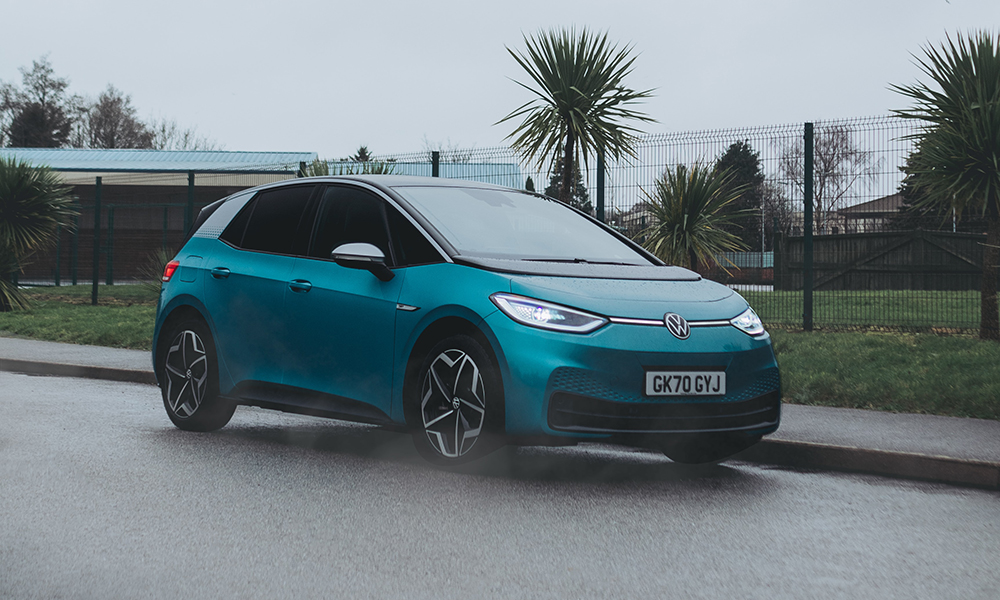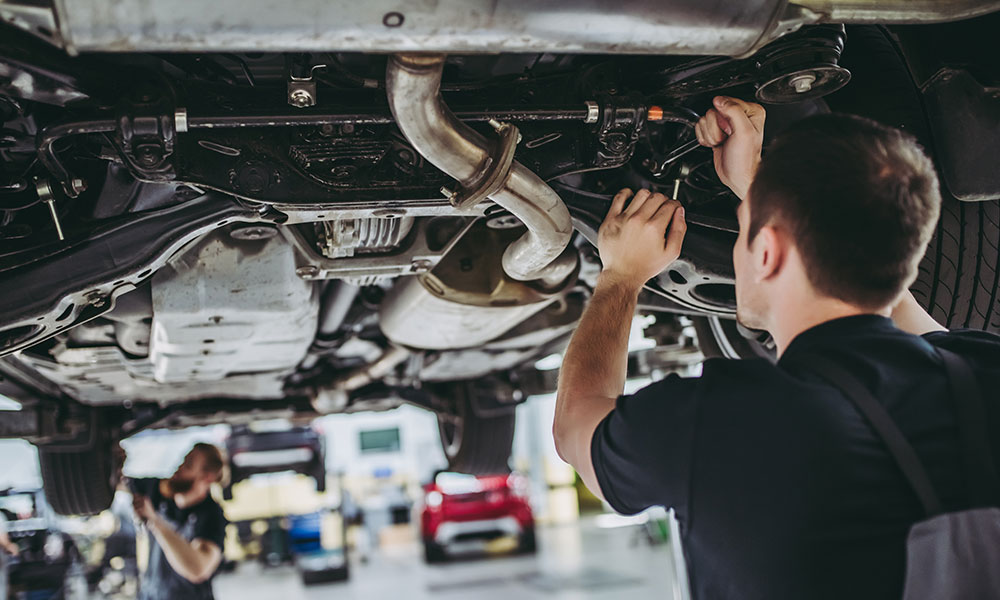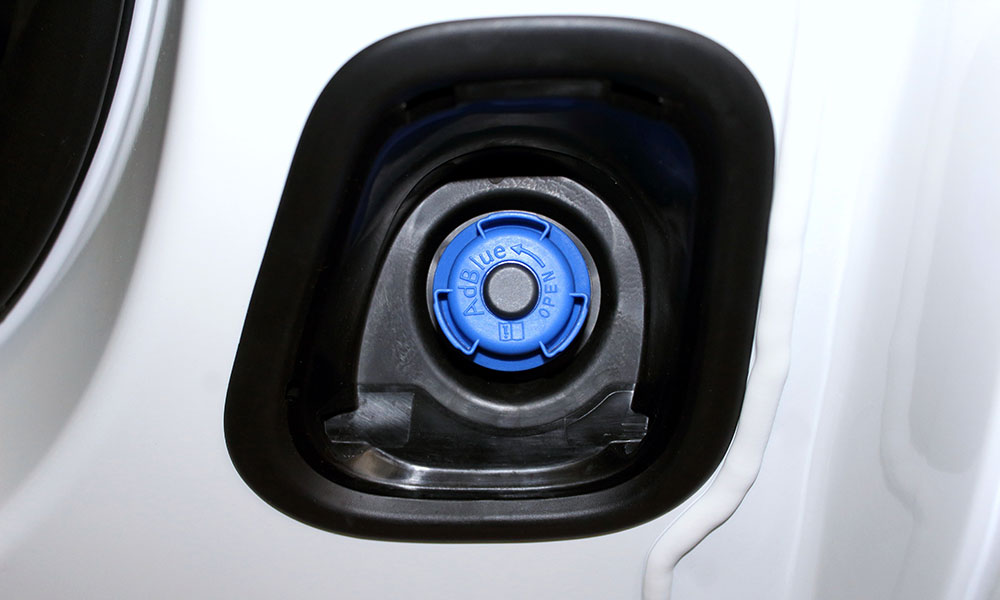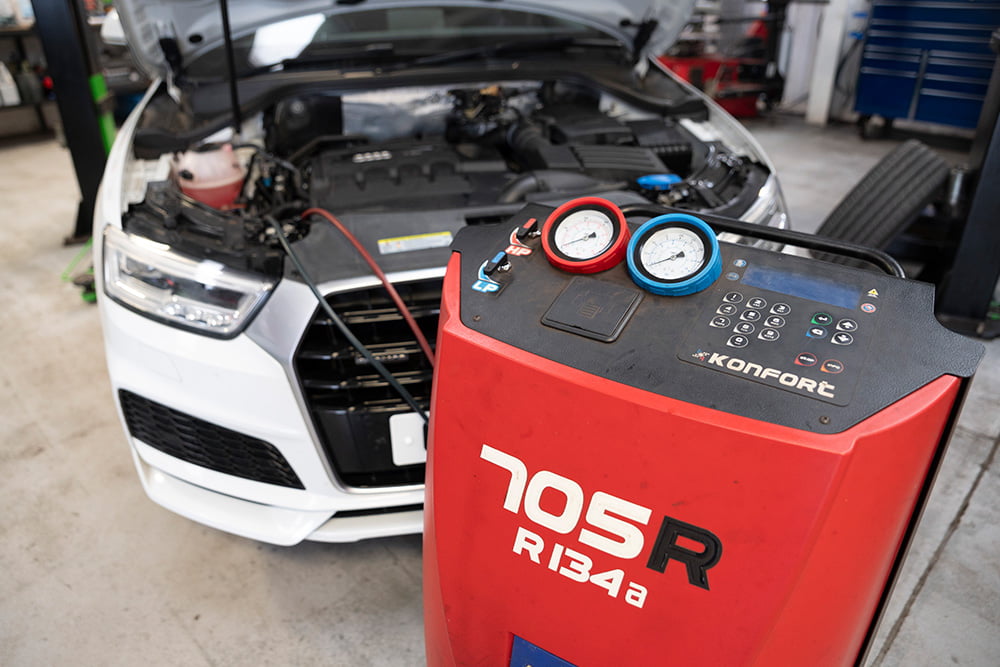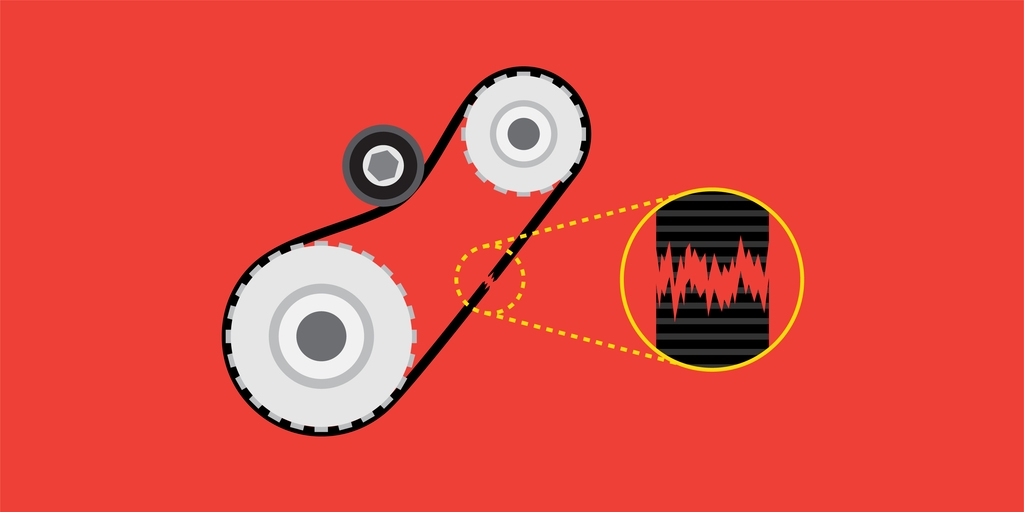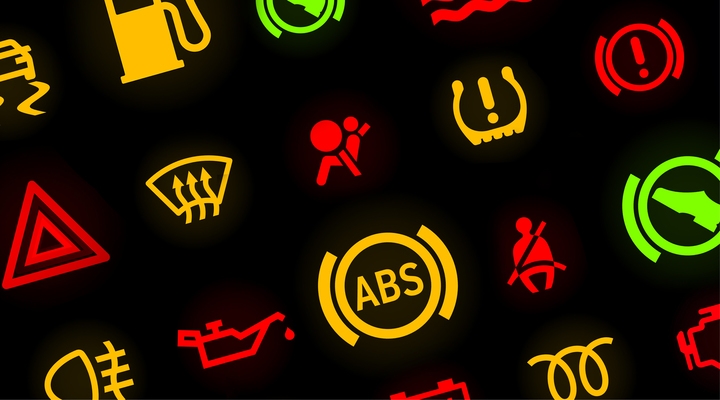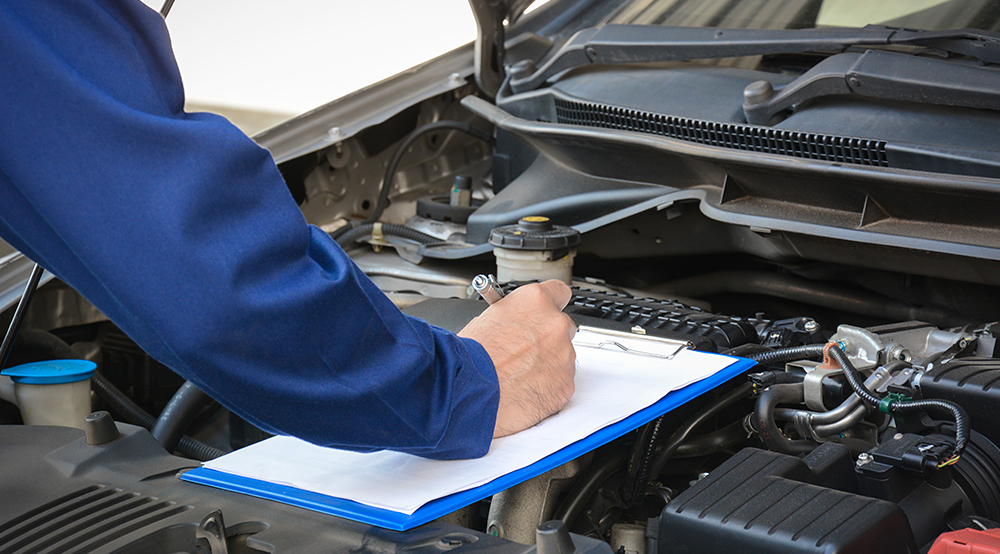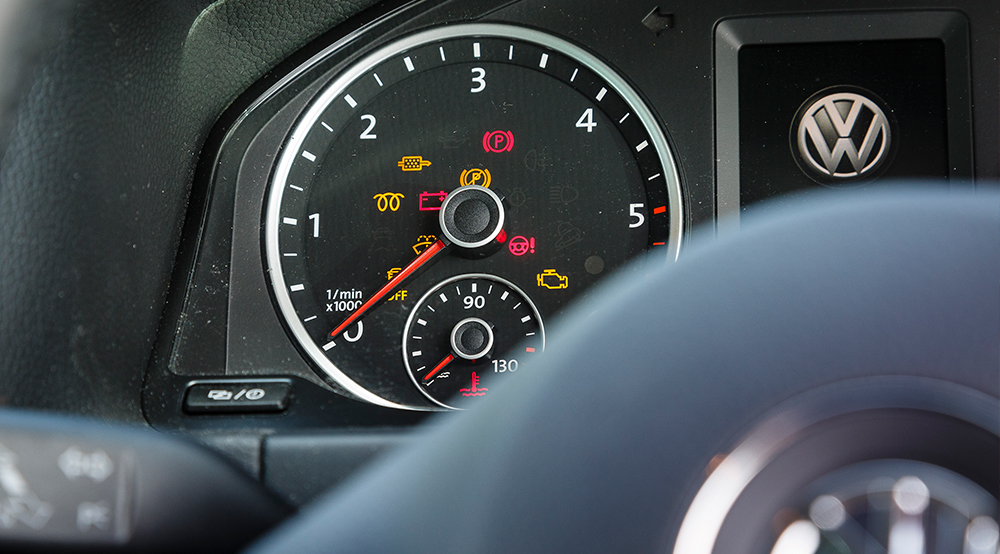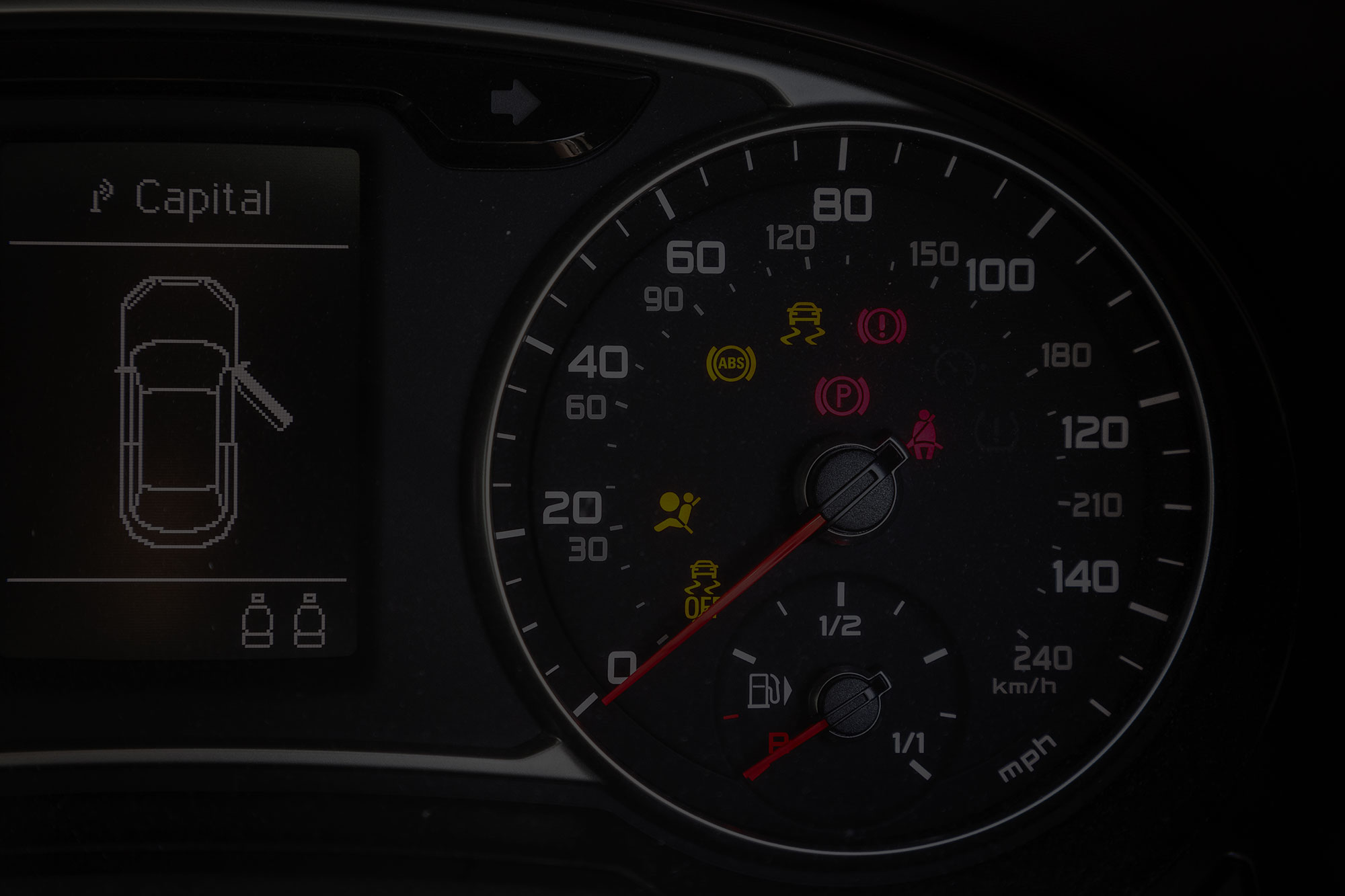The What, Why and How On Engine Coolant
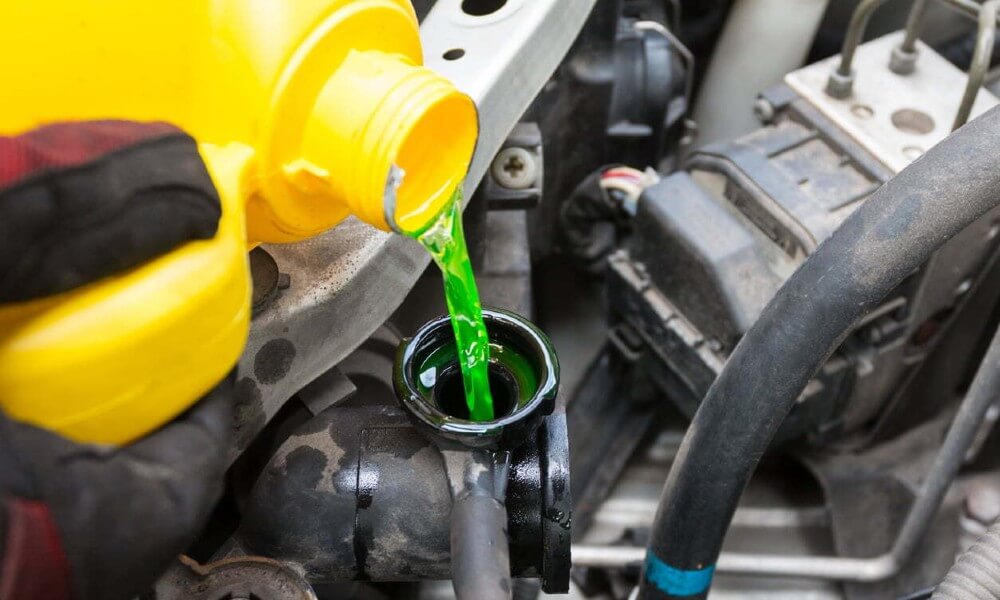
If you’re like most drivers, you probably won’t think about engine coolant until it’s time to add some to your car. But what is engine coolant, and why is it so important? In this blog post, we’ll answer these questions and more. We’ll also discuss the different types of engine coolants available and explain when and how you should use them. By the end of this post, you’ll know everything you need to keep your car running smoothly!
What is engine coolant?
Engine coolant is the liquid that circulates through your car’s engine to lower the temperature of the combustion chamber. It is also referred to as anti-freeze. Engine coolant is vital to keeping your car’s engine running properly. Without it, your engine could overheat, resulting in severe damage and, in some cases, a breakdown. Understanding what engine coolant is, why it’s necessary and how to check your car’s engine coolant levels will help keep your vehicle running smoothly.
Service intervals and engine coolant
If you want to keep your vehicle in good working order, it’s important that you follow the recommended service intervals. If you don’t, you could end up causing a lot more damage than if you had just done the maintenance when it was due. If your owner’s manual doesn’t specify, you can use the general rule of every 30,000 miles or every two years to determine when it’s time to change your engine coolant.
We can check, drain and replace your engine coolant on your behalf when you book in for a car service at The Vasstech. We also offer a wide variety of other services that go hand-in-hand with regular servicing and maintenance.
If your engine is overheating or you see an orange or red temperature warning light, your engine coolant level may be low. The coolant level in your vehicle is monitored by the engine management system and results in the indicator light coming on when the coolant is low. If this occurs, allow your engine to cool off and check the coolant level.
Engine coolant types
Engine coolants are fluids used to keep vehicle engines cool. They are either water-based or glycol-based. Water-based coolants are also called “green” because they contain a water/ethanol mix. One of the main benefits of these types of coolants is that they do not harm the environment. Glycol-based coolants are made with ethylene glycol, which is toxic and should be handled properly when changing coolants or cleaning the cooling system.
Engine coolant, sometimes known as anti-freeze, is also added to your vehicle’s engine to keep the temperature of the engine’s coolant more stable, this keeps the system from freezing in cold weather. Without coolant, the engine would eventually overheat and stop working. Engine coolant also helps to provide a cleaner, sharper-running engine and improves the efficiency of your vehicle’s cooling system, extending its life.
Coolants properties
Engine coolants are used to keep engine temperatures stable, even under extreme conditions, helping engines run at a temperature that is acceptable for internal combustion. Engine coolants have different functions depending on the type of vehicle they are used in. For example, they may act as anti-freeze, help prevent corrosion and wear, or act as a lubricant to help keep certain parts of the engine moving smoothly.
Engine coolant benefits
There are a host of benefits to keeping your engine coolant topped up and replacing it regularly, but the main pros are:
- They lower the temperature of your engine and also to keep it from overheating, great for standing traffic in warm weather
- Engine coolants contain additives that help improve the efficiency and performance of your engine
- Coolant also prevents corrosion by preventing liquids from forming in your engine
- Stops your coolant from freezing in cold temperatures, allowing the engine to function properly
Coolant replacement at The Vasstech
We’re a Volkswagen group specialist garage, offering a wide variety of car services including regular maintenance, which includes engine coolant replacement.
If you’re experiencing overheating issues with your VW, why not drop in or get in touch with the team online.





